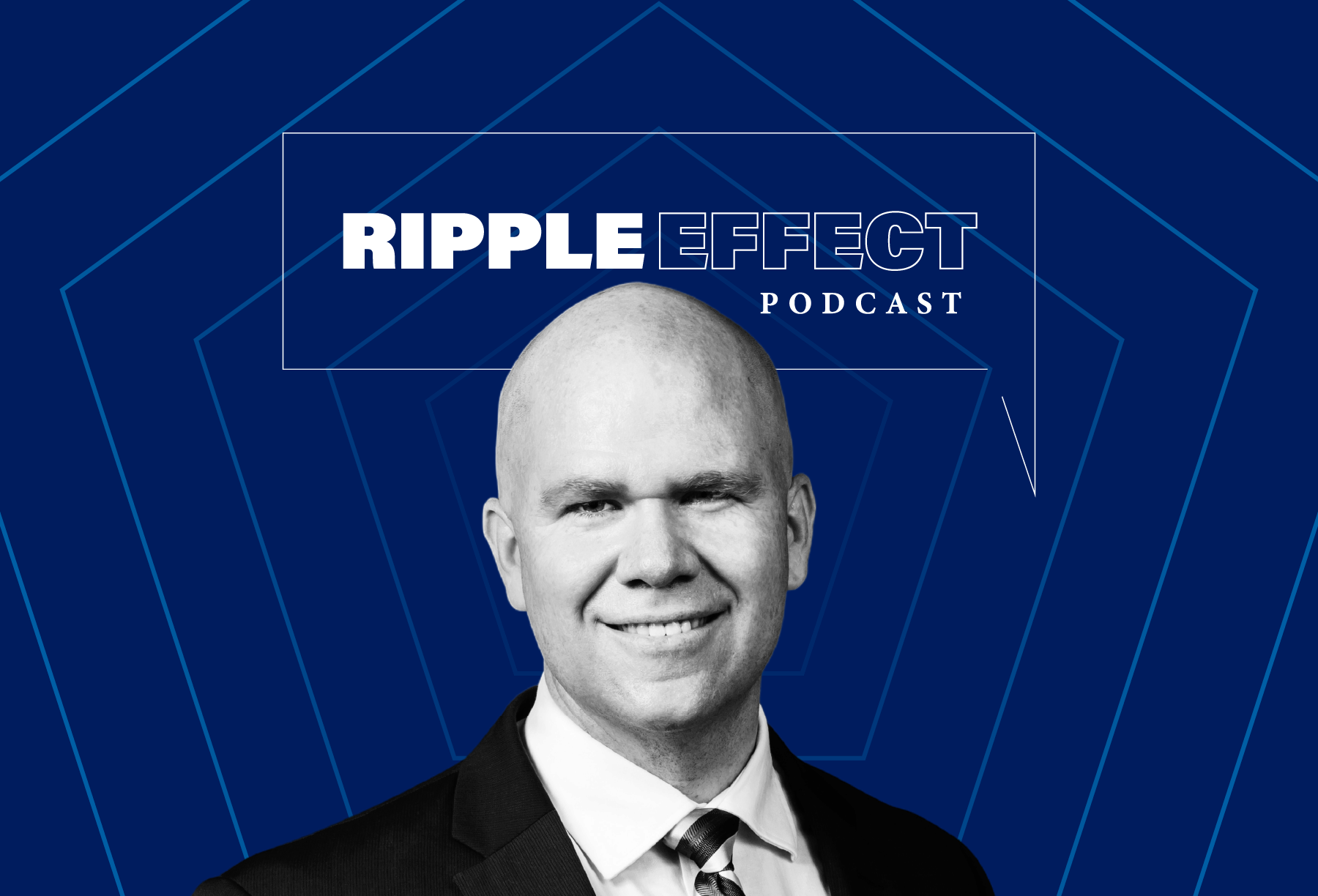In a world where financial autonomy is often emphasized, one young mother’s choice to embrace financial dependence on her husband has sparked a heated debate. Lexi, a 26-year-old mother of two, has openly shared her perspective on being financially dependent on her husband, a decision that has evoked diverse reactions.
After running a successful hairdressing business for seven years, Lexi decided not to return to work full-time after having her children. For her, the goal was always clear: to become a stay-at-home mom and wife. “I’ve always known I wanted to be financially dependent on my husband and I’ve never had an issue with it,” Lexi explains.
The foundation of Lexi’s decision was laid early in her relationship with her husband. She was upfront about her aspirations to marry young, have children, and not return to work. Her husband shared similar views, leading to an open dialogue about their financial dynamics. Their mutual understanding and transparency have been pivotal in fostering a healthy financial relationship.
Public Response and Debate
When Lexi shared her views publicly, reactions varied widely. Many praised her honesty, finding it refreshing. Comments such as “Love this” and “So good you guys were upfront so early on” highlighted the positive reception. Others supported the normalization of such choices, with some noting it mirrored generational practices in their own families.
However, there was concern among critics about Lexi’s financial reliance on her husband. Some worried about her lack of superannuation and potential vulnerability if circumstances changed. Comments like “men especially love to change their minds” underscored the risks perceived by some observers.
Financial Strategy and Preparedness
Lexi is not oblivious to financial prudence. She emphasizes a shared financial decision-making process with her husband, despite her lack of direct income. “My husband and I have complete transparency,” she asserts, refuting assumptions of financial naivety.
Regarding superannuation, Lexi and her husband have opted to prioritize their home loan due to high interest rates. The couple has been proactive in living within their means, practicing living on one income even before their son was born. They made sacrifices to reduce living expenses, ensuring Lexi had the choice to stay home.
Their mortgage strategy reflects their commitment to financial sustainability. They intentionally purchased a home below their borrowing capacity, with a manageable $500,000 mortgage. Adjustments to insurance, phone plans, and reduced spending on non-essentials have helped them adapt to a single-income lifestyle.
Impact on Family Dynamics
Lexi believes her decision to stay at home positively impacts her husband’s career, allowing him to focus and potentially earn more. She acknowledges the stigma surrounding stay-at-home moms, attributing it to societal pressures that pit women against each other.
According to recent research by financial comparison website Finder, Lexi’s situation is not uncommon. Many Australians, particularly women, describe themselves as financially dependent on their partners. This trend is notably prevalent among millennials, with 22 percent relying on their companions for financial support.
Lexi’s story highlights the complexities of financial decisions within modern families. Her choice to be financially dependent, balanced with financial awareness and shared decision-making, challenges traditional narratives of financial independence. As more families navigate similar paths, the discussion around financial roles and responsibilities continues to evolve.
Note: This article is inspired by content from https://www.news.com.au/finance/ive-always-known-i-wanted-to-be-financially-dependent-on-my-husband-aussie-mum-reveals-why-she-chose-to-stay-at-home/news-story/38a2fd9aceeb513b6c11d061bba65921. It has been rephrased for originality. Images are credited to the original source.







